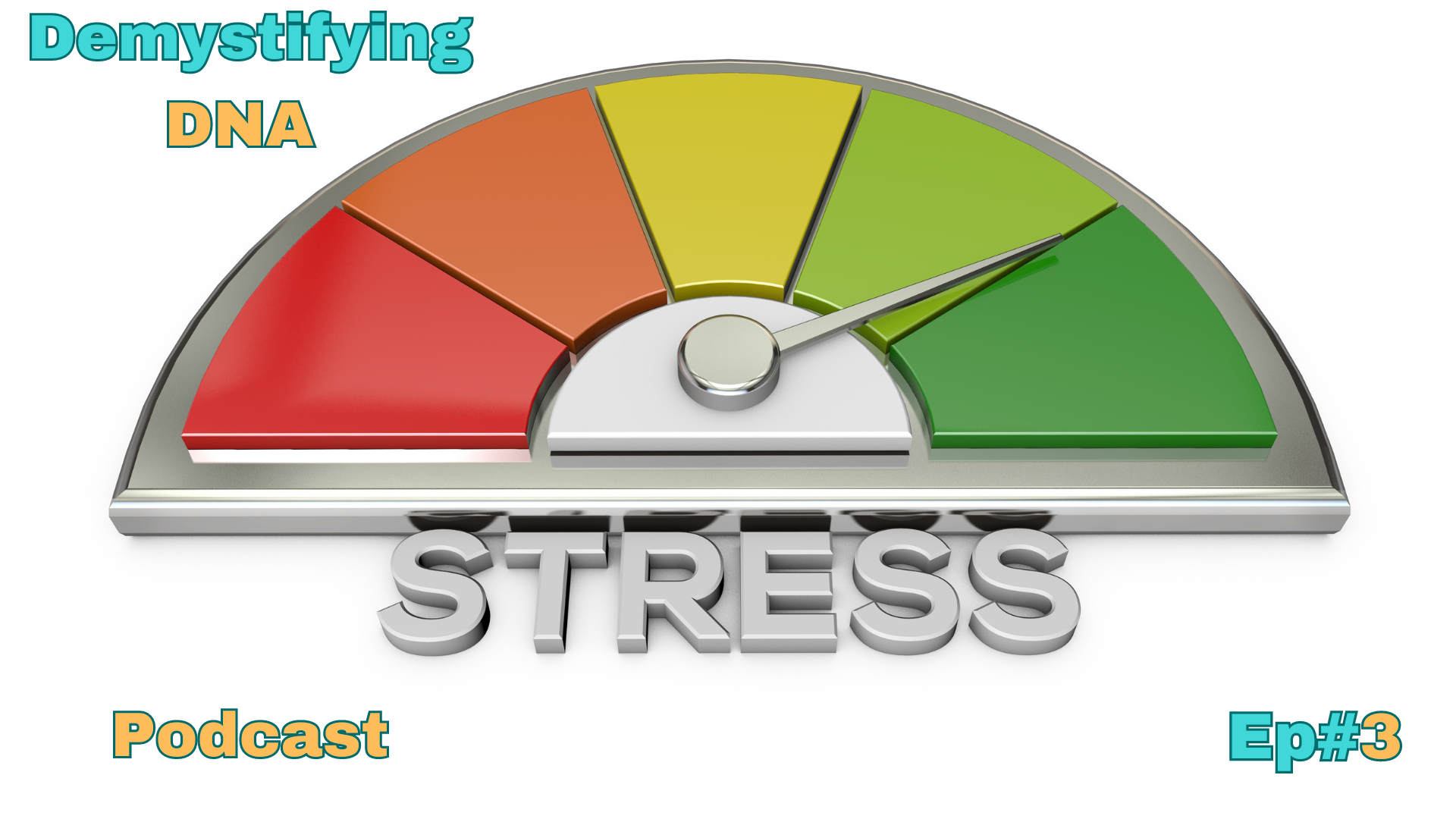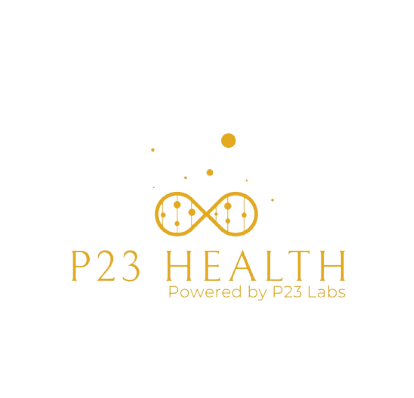
The Hidden Influence of our Genes on Stress and Anxiety



Stress is an inevitable part of life, but did you know our genetics play a significant role in how we respond to it? Our DNA holds valuable clues about our stress response mechanisms, shedding light on this fascinating subject. By understanding our genetic makeup, we can identify specific areas of vulnerability and develop targeted interventions. This personalized approach can optimize our stress management efforts and enhance our overall well-being.
Pharmacogenetics is the study of how an individual’s genetic makeup affects their response to medication. This approach can be particularly useful in the treatment of mental health disorders. By analyzing specific genes, we can predict an individual’s likelihood of responding to certain medications, anticipate potential side effects, and adjust dosages for optimal results. Pharmacogenetic testing has been particularly useful in the treatment of depression, anxiety disorders, bipolar disorders, and schizophrenia.
The role of genetics in our health extends beyond medication response. Genetic testing with P23 can reveal how our genes interact with medication, food, and supplements. This information can be used to personalize our health management strategies. For instance, knowing your genetic makeup can help you determine the most effective fitness routine for your body type. This can lead to more effective workouts, improved physical health, and a better ability to manage stress.
However, it’s important to remember that everyone’s journey is unique. What works for one person may not work for another. Open and honest conversations with your healthcare provider about pharmacogenomic testing are crucial. Together, you can make informed decisions that are best for your unique needs.
The world of genetics and its impact on our everyday lives is a fascinating one. Understanding how our genetics influence our health and well-being can provide us with the tools we need to live our longest, healthiest, and happiest lives possible. Whether it’s managing stress, determining the best exercise routine, or finding the right balance of medications, the power of pharmacogenetics is a game-changer in the field of personalized medicine.
Q: What is the role of genetics in stress response?
A: Our genetics play a significant role in how we respond to stress. Our DNA contains the instructions for producing proteins that regulate our stress response mechanisms. Variations in these genes can lead to differences in how we perceive, interpret, and respond to stressful situations.
Q: What is pharmacogenetics and how can it be used to treat mental health disorders?
A: Pharmacogenetics is the study of how an individual’s genetic makeup affects their response to medication. This approach can be particularly useful in the treatment of mental health disorders. By analyzing specific genes, we can predict an individual’s likelihood of responding to certain medications, anticipate potential side effects, and adjust dosages for optimal results.
Q: How can genetic testing with P23 help us personalize our health management strategies?
A: Genetic testing with P23 can reveal how our genes interact with medication, food, and supplements. This information can be used to personalize our health management strategies. For instance, knowing your genetic makeup can help you determine the most effective fitness routine for your body type and reduce your risk of developing certain diseases.
Q: Why is it important to have open and honest conversations with our healthcare providers about pharmacogenomic testing?
A: Pharmacogenomic testing is a complex topic and it’s important to understand the potential benefits and risks before making a decision about whether or not to get tested. Open and honest conversations with your healthcare provider can help you make informed decisions about pharmacogenomic testing and whether it’s right for you.
Q: How can we use our understanding of genetics to live our longest, healthiest, and happiest lives possible?
A: By understanding how our genetics influence our health and well-being, we can make informed decisions about our lifestyle choices and healthcare. This can include things like choosing the right diet, exercise routine, and medications. We can also use our genetic information to identify areas of vulnerability and develop targeted interventions to reduce our risk of developing certain diseases.
[ad_2]
Source link










